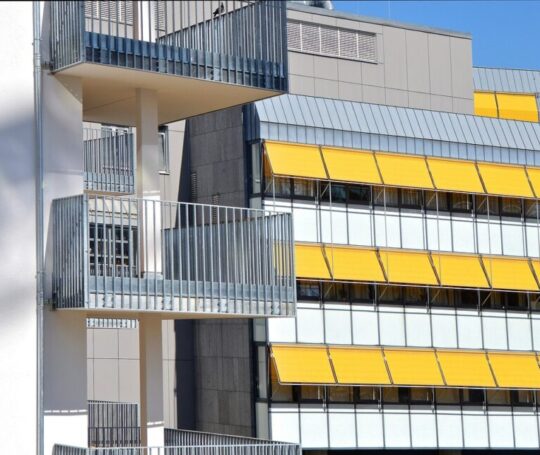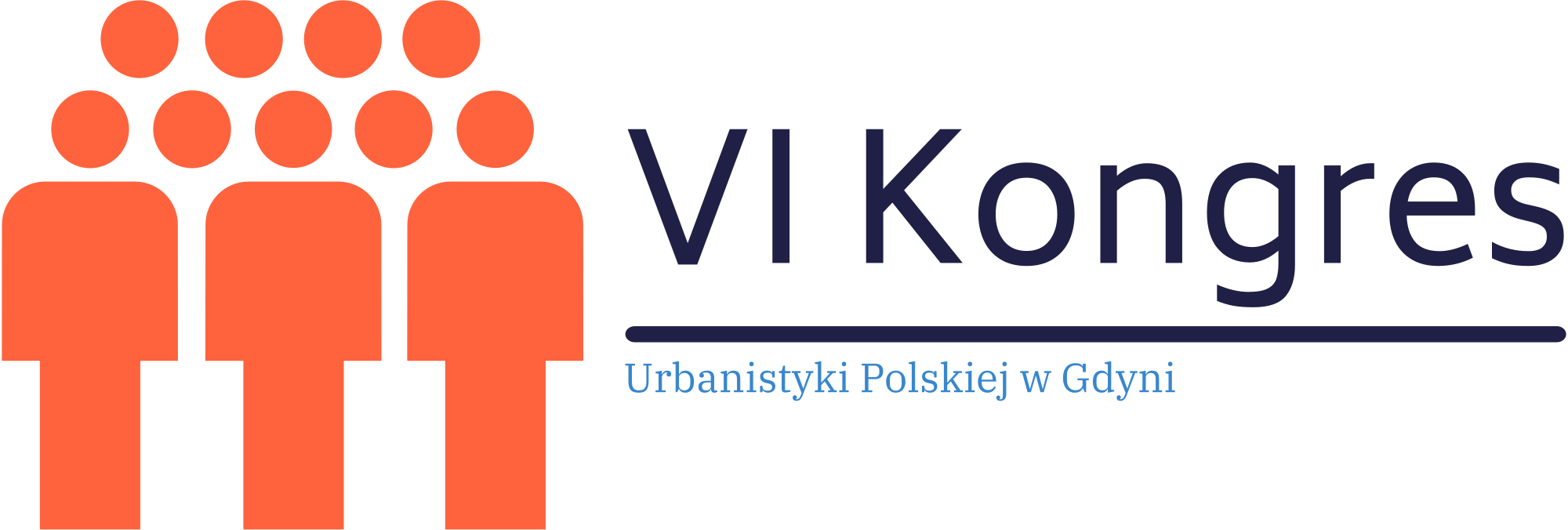O Kongresie

Wprowadzenie do VI Kongresu Urbanistyki Polskiej
VI Kongres Urbanistyki Polskiej w Gdyni, to wydarzenie o niebywałym znaczeniu dla branży urbanistycznej w Polsce. Planowane na [data], gromadzi najwybitniejszych specjalistów – architektów, urbanistów, przedstawicieli władz lokalnych oraz pasjonatów miast, by wspólnie dyskutować o przyszłości i rozwoju obszarów miejskich. Uczestnicy będą mieli okazję do udziału w panelach dyskusyjnych, warsztatach i prezentacjach, które skupią się na najnowszych trendach i wyzwaniach urbanistycznych.
Gdynia, jako miasto gospodarz, prezentuje swoje osiągnięcia i innowacje w dziedzinie planowania przestrzennego i rozwoju miejskiego. Kongres jest okazją do dzielenia się tymi sukcesami i wiedzą z innymi miastami oraz gminami. Spotkanie to podkreśla znaczenie strategicznego planowania w kontekście zrównoważonego rozwoju, integracji społecznej i wykorzystania nowoczesnych technologii w urbanistyce.
Tematyka i cele kongresu
Celem VI Kongresu Urbanistyki Polskiej jest stworzenie interdyscyplinarnej platformy dla specjalistów, dzięki której mogą oni wymieniać pomysły i najlepsze praktyki związane z projektowaniem przestrzennym miast. Kongres ma inspirować do tworzenia miast przyjaznych dla mieszkańców, skupiając się na zrównoważonym rozwoju, mobilności miejskiej, zielonej infrastrukturze i innowacjach technologicznych. Kluczowym elementem jest także integracja społeczna i partycypacja obywatelska w procesach urbanistycznych.
Zaplanowane sesje tematyczne, jak „Zielone miasta przyszłości”, „Mobilność w miastach” czy „Integracja społeczna w przestrzeni miejskiej”, prowadzone będą przez wybitnych ekspertów. Staną się one areną dla głębokich dyskusji i wymiany doświadczeń, umożliwiając uczestnikom poszerzenie wiedzy i zrozumienie nowych trendów w urbanistyce.

Innowacje i Technologie w Urbanistyce
W dobie szybko postępujących zmian technologicznych, innowacje w urbanistyce stanowią kluczowy element debat i warsztatów Kongresu. Omówione zostaną nowe podejścia do inteligentnych miast, w tym wykorzystanie Big Data, Internetu Rzeczy (IoT) oraz zaawansowanych technologii informacyjnych w planowaniu i zarządzaniu przestrzenią miejską. Te sesje będą okazją do zapoznania się z najnowszymi trendami w projektowaniu inteligentnych, zintegrowanych i zrównoważonych miast.
W kontekście innowacyjności, szczególną uwagę poświęci się zastosowaniu zielonej infrastruktury i technologii przyjaznych środowisku. Uczestnicy będą mogli zgłębić tematy związane z energooszczędnymi budynkami, systemami zarządzania odpadami oraz rozwiązaniami redukującymi zanieczyszczenie powietrza i hałas w miastach. Te dyskusje pomogą w kształtowaniu przyszłości miast, które będą zarówno innowacyjne, jak i zrównoważone.

Zrównoważony Rozwój i Ekologia w Urbanistyce
Jednym z głównych filarów Kongresu jest zrównoważony rozwój. Sesje na ten temat skupią się na sposobach, w jakie miasta mogą przyczyniać się do ochrony środowiska, jednocześnie zapewniając wysoką jakość życia mieszkańców. Poruszone zostaną kwestie takie jak efektywność energetyczna, zrównoważone zarządzanie zasobami naturalnymi, a także rozwój przestrzenny uwzględniający potrzeby ekosystemów.
Ochrona bioróżnorodności miejskiej i tworzenie przestrzeni zielonych będzie kolejnym ważnym tematem. Prelegenci i uczestnicy będą mogli wymieniać się doświadczeniami na temat tworzenia parków, ogrodów miejskich i innych zielonych przestrzeni, które służą zarówno mieszkańcom, jak i lokalnej faunie i florze. Dyskusje te będą podkreślać, jak ważna w dzisiejszych miastach jest harmonia między rozwojem a ochroną przyrody.
Integracja Społeczna
Integracja społeczna i partycypacja obywatelska to kolejne istotne zagadnienia VI Kongresu Urbanistyki Polskiej. Sesje te skupią się na metodach i strategiach angażowania mieszkańców w procesy planowania i projektowania przestrzennego. Omówione zostaną praktyki partycypacyjne, umożliwiające mieszkańcom realny wpływ na kształtowanie przestrzeni, w której żyją.
Partycypacja Obywatelska w Urbanistyce
Podczas tych dyskusji eksperci i uczestnicy będą mogli dzielić się swoimi doświadczeniami z realizacji projektów urbanistycznych z silnym komponentem społecznym. Podkreślone zostaną korzyści płynące z angażowania mieszkańców, w tym zwiększenie poczucia przynależności do wspólnoty lokalnej, lepsze dostosowanie projektów do potrzeb użytkowników oraz wzrost zadowolenia i jakości życia w przestrzeni miejskiej.
